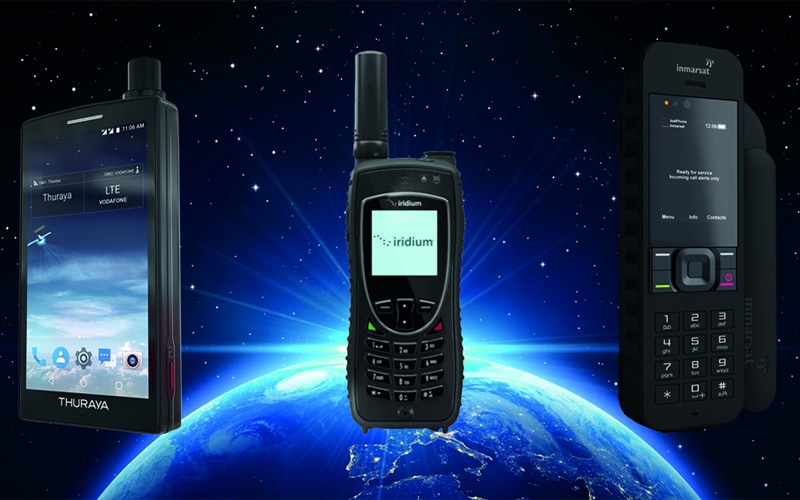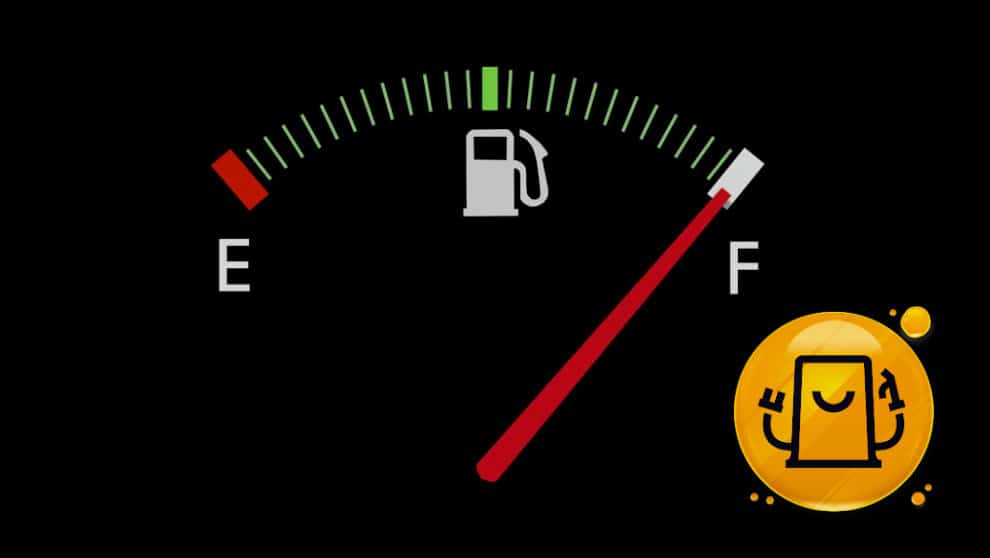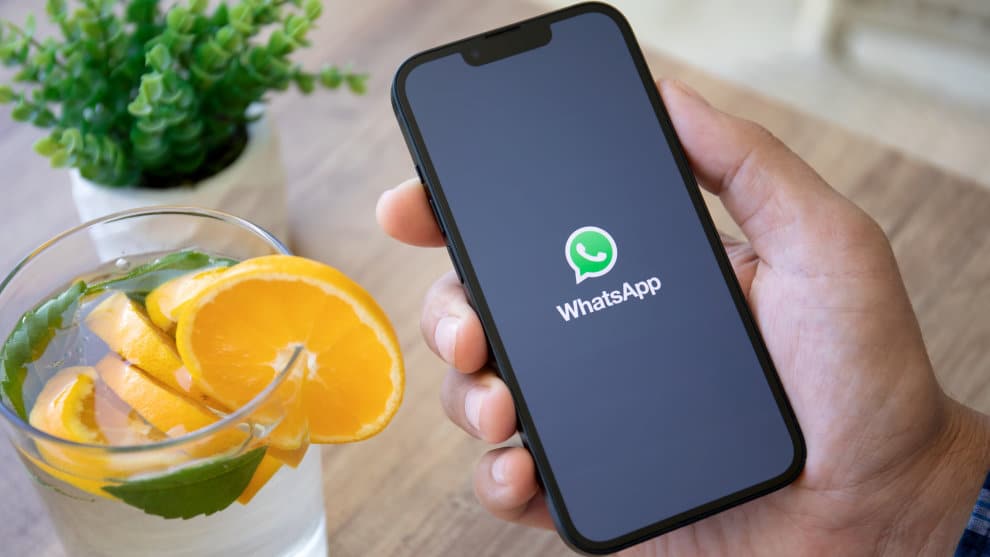Satellite phone: prices, operators, let’s take stock!
In France, you will have to travel to hope to fall in an area where the network does not pass and thus escape SMS and calls from your boss. You will have to go to the 339 white zones of the country identified by Arcep, the telecoms regulatory agency, to have a little peace. Joking aside, it should nevertheless be remembered that establishing communications can be compared to a real obstacle course in certain remote regions of the world … Or not so remote as that besides since in France there are places completely forgotten by operators.
So, when you are hiking in the mountains, lost in the depths of the Amazon, in the middle of the Pacific Ocean or on a trek in the Sahel desert, having a satellite phone will be the element that will make the difference between life. And the dead. Indeed, unlike our smartphones which rely on relay antennas to transmit their signals, satellite phones use satellite networks. In fact, you will never be off the network and you can establish communications anywhere in the world. As long as you have a clear view of the sky. In short, it does not work in an underground car park or in a building, but it does work under cloudy skies (the Normans are reassured).
Once reserved for the military, today anyone can purchase a satellite phone from online retailers and they work with prepaid cards or monthly plans, like our “civilian” smartphones. And like our devices, each satellite phone has its own technical characteristics. To choose the right model, it will first of all be necessary to check the protection indices (dust, water, immersion, shock, etc.), weight and dimensions, autonomy and functions. Some models include, for example, a SOS button and offers ultra-precise geolocation, as well as a low-speed Internet connection.

Satellite phone: an indispensable tool in remote areas
Be careful, however, note that these satellite phones represent an investment therefore. Count a minimum of 1000 € if you want to leave with a device that holds up, such as the Iridium 9555. You will then have to choose between two types of packages:
- The prepaid : these are quite simply prepaid cards with a predefined call duration. Convenient, especially when you need a satellite phone for a particular event, and not on a daily basis
- The postpaid takes the form of a traditional monthly subscription. The different offers vary between 3 and 12 months and like our classic plans, you benefit from a predefined envelope of units or call minutes
Currently, four major operators stand out: Iridium, Inmarsat, Thuraya and Globalstar. When making your choice, pay particular attention to the most important point: coverage area. Indeed, Immarsat and Thuraya rely on geostationary satellites (always orbiting above the equator), while Iridium and Globalstar rely on a satellite network placed in low orbit. The latter option provides better overall coverage, since the satellites will even cover the poles during their rotation. Either way, if you’re planning to pick up the torch from Indiana Jones, don’t forget your satellite phone first.
Source: E-Sat



